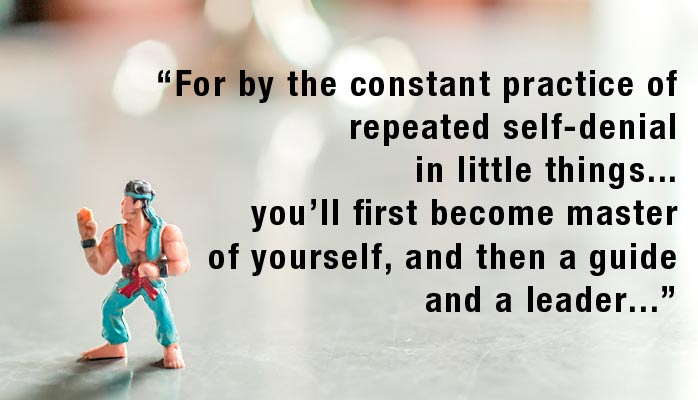Accomplishing goals and starting new habits is difficult.
We’re busy. We’re tired. We’ve got competing priorities. There are too many fires to put out and the hose isn’t big enough. The most common way for us to receive any reprieve from the everyday cycle of stress is one blissful word: vacation.
On vacation, our obligations to respond to emails, shuttle kids to and from practices and sit in rush hour traffic all disappear.
Poof.
But what do we do with that free time?
While at the lake a couple weeks ago, I decided to wake up at 5:30am (or earlier) every day to be able to ski on water as smooth as glass (literally…check out the picture above). Why is this relevant (or sane), you ask? Fair question.
Over the last few months, my ability/willingness to wake up at 5:30 and write blog posts fell off dramatically (read: entirely). Were there legitimate reason? Sure, but we’ll get to that another time. But while I do genuinely love skiing at sunrise, I realized those early mornings would simultaneously serve as an opportunity to get back into my early-rising, blog-writing routine.
I haven’t been perfect since then, but the motivation to get up and start is so much greater than it was before vacation. That little taste of morning productivity rekindled the fire that was soundly asleep (and all too prone to hit the snooze button). It was just what I needed.
The Alternative Option
For many of us, the downside of this theory is that vacation time is limited. i.e. We don’t have many opportunities to jump start these good habits. Fear not, there’s good news…it’s call “the weekend”.
We may not be quite as free of responsibilities on the weekend, but odds are good there should be at least 16-18 hours of time freed up by not having to be on the clock, right? Why not try and use some of those hours to reach a goal or start a new habit?
Sit down and dig into that book you’ve been wanting to read. Go meet up with that exercise group at the park. Prep your food for the week so you know you have healthy meals waiting for you in the fridge after work every day. The possibilities are endless!
Vacation is supposed to be a time of rejuvenation, allowing us to come back refreshed and excited. For me, there’s nothing more rejuvenating or exciting than knowing I’ve been able to take a step towards a personal goal.



